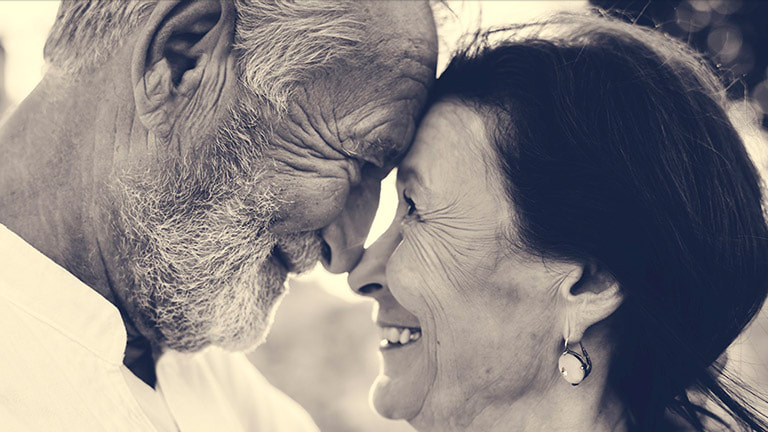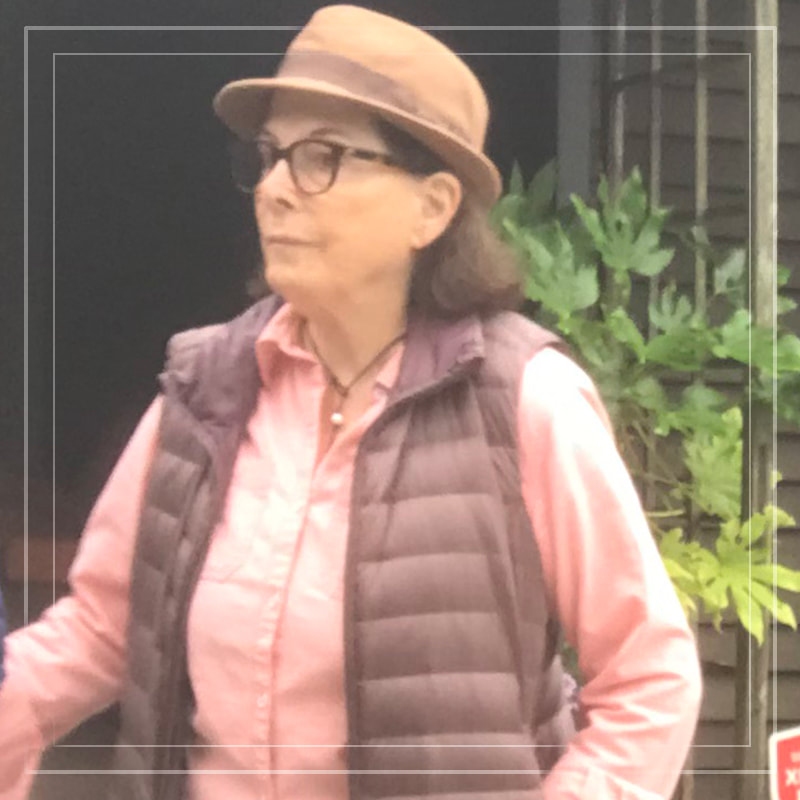|
Once you enter into judgment, you begin to build a case against someone and collect all the evidence you can find to support your point of view.
When I notice that I’m looking for evidence to support my judgment of someone, I try to find a way back into love. The entry is usually with a question. What is the root of my judgment? Is it the ability to make a considered decision or come to a sensible conclusion? Or is it criticizing or condemning someone from an assumed moral superiority? Both are dictionary definitions of the word judgment. Seeing through the eyes of love is not the same as wearing rose-colored glasses. Rose-colored glasses can distort your view as much as an attachment to your moral superiority, which is a way of seeing that you’re convinced is the right way to be. Rose-colored glasses also assure you that what you’re seeing is just fine, allowing you to gloss over what might need your attention. How can you see things as they are through the eyes of love? Love is the context. Love is not something you move in and out of. It is the background of your communication, decision-making, problem-solving, and relationships. It gives you the freedom to speak or to be silent. It allows you to see things as they are without adding the weight of your judgment. Seeing through the eyes of love gives you a window where you can meet the truth. I was grateful recently when I went wild with judgment but didn’t act on it. I’m a logical human being, and I know how to build a case against someone. I’m not a lawyer, but the way I can make a case, I should have been! I found myself becoming increasingly annoyed and started to build my argument about why this person was wrong. It wasn’t hard to do. If you’ve known anyone over time, you are privy to his or her good points, weaknesses, complaints, and stories. You can even begin to build a coalition by enrolling other people to share your judgments. Many times in my life as a corporate executive, consultant, and coach, I’ve listened to good people spread their opinions of a specific person throughout an organization. We don’t often consider that what we say creates in others how they listen and act towards others. When someone walks in a room, and no one knows them, they walk in free of judgment. If everyone knows them, they walk in with whatever that group thinks and says about them. So how do you create space around what you already have decided? In my recent encounter, I began to notice the very behavior in myself that I was judging. With this insight, I started laughing and was entirely grateful that friends didn’t hold some of my more stupid acts against me. They saw me through the eyes of love and allowed me time to notice and correct my imperfections in thought and action. Try this simple practice if you find yourself judging and building a case against someone or something (could be a person, your job, or the company where you work): 1) What is the basis of your judgment? What happened? When I asked myself that question, I became clear that I just kept saying yes, when a few “no’s” would have been appropriate. “No” can create space for something unexpected. Anyone can make whatever request of you that he or she wants; the power of love is in the response. Can you say no, and I love you? 2) Consider that you are what you judge in another person. When I see someone else get a speeding ticket, instead of judging them, it reminds me to slow down. Such is the way of love; it can be a reminder to operate more effectively. How can you talk about the truth with love? Let go of the need to correct others about how they should be in both your thoughts and words. 3) Why would you spend any precious time judging? Identify what is not happening that you want to happen. Then make it happen. Action born out of creativity, not judgment. What do you want? Answer that question, and you’ll engage with a cycle of accomplishment grounded in love and fulfillment. Today see yourself, your family, co-workers, friends, and strangers through the eyes of love. What do you notice now? May your day be peaceful and productive. |
�
Paulette Sun Davis
|




 RSS Feed
RSS Feed